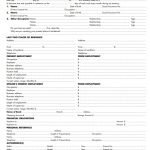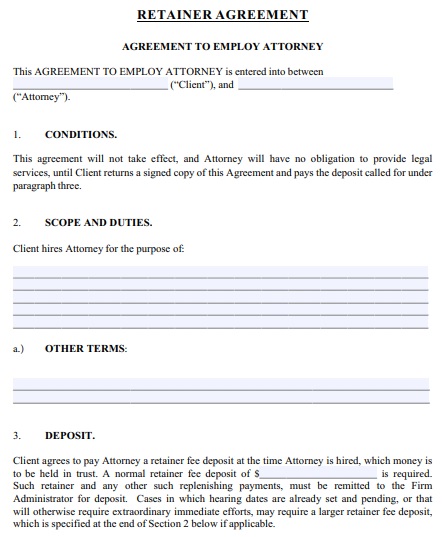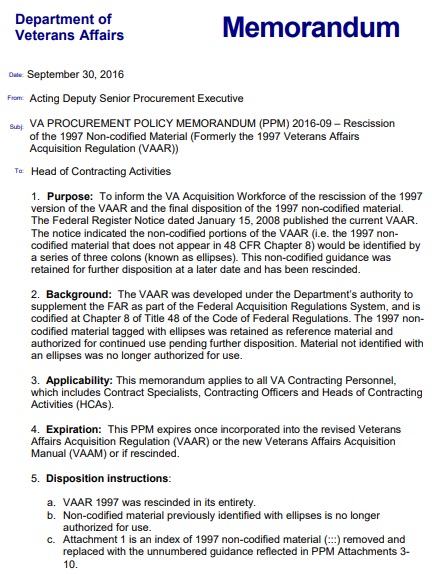Coworking space lease agreement template, also known as shared or dedicated space agreements, are contracts between a co-working space owner or tenant and a person interested in renting the space (the tenant). Coworking spaces are typically used by remote workers, those on a budget, and startups looking for collaborative workspaces. Spaces like these allow professionals from different industries to collaborate without having to sign a standard lease contract. Additionally, co-working spaces usually offer office-like amenities such as private meeting rooms, kitchens, coffee rooms, etc. As a result, co-working is gaining in popularity because a state’s real estate commission doesn’t regulate those co-working lease agreements, mainly because they don’t have the lengthy contracts and upfront costs associated with a normal lease agreement. Coworking spaces involve far less risk for both parties involved than traditional leases, since, if either party defaults on the agreement, they may leave the space without undergoing a lengthy, costly legal process. Therefore, it is more suitable for those looking for flexibility and budget-friendly workspaces. Alternate names for a co-working lease agreement include:
- Co-op office space
- Shared office space
- Flexible office
- Serviced office space
- Flexible workspace
- Distributed workspace
Which Are the Types of Coworking Spaces?
Co-working appeals to all types of companies, regardless of their size (large or small enterprise, startup or corporate). A co-working space is available for every need and occasion, thanks to flexible terms and conditions, custom buildouts, and an appealing list of amenities. There are several types of co-working spaces that one may come across when looking for a shared office.
Common Area
Co-working in the common area, also known as open co-working, provides tenants with low-level access to the workplace. Moreover, there are usually tables and a plug for computers at the common area co-working space. Additionally, the co-working tenant is usually provided access to other amenities such as conference rooms, internet, business addresses, coffee, a kitchen, and any other amenities offered and/or agreed upon when signing the lease agreement.
Dedicated Workspace
A dedicated workspace co-working space lease usually guarantees the tenant a desk and chair within the leased space. However, to secure the space, the tenant must renew the membership as outlined in the shared or dedicated lease agreement. The tenant has the liberty in dedicated workspaces, unlike common areas, to leave their computers and any other property such as business files, chargers, etc. on the workspace as the workspace is more or less like their office, and they are guaranteed to have it as long as they pay their lease on time or as otherwise agreed.
Dedicated Office
Dedicated office co-working space lease agreements gives tenants access to separate office space from other workplace facilities. In a lease agreement of this type, square footage is usually specified and the space is usually only accessible to the tenant. This type of office space you uses to access using a key or a card. Further, it provides by the tenant after signing the lease. Just like in the common area and dedicated workspace co-working lease agreements, the tenant must remit the payments as outlined in the lease agreement to secure the office space.
Co-working Lease Plans
Co-working spaces offer tenants different types of lease agreements. The following are some of the most common types:
Hourly rate
An hourly rate permits the tenant to utilize the leased space on an hourly basis and the tenant is billed based on the number of hours spent working on the premises, i.e., check-in and check-out times.
Monthly Membership
In a monthly membership, members use a co-working space monthly and use bills for monthly renewal. A monthly membership also includes access to common areas and dedicated office spaces.
By Square Footage
A lease agreement for a co-working space by square footage gives each member a space based on their square footage, and the lease includes social amenities such as common areas, as well as a dedicated workspace, charged monthly. Download Free Coworking Space Lease Agreement Templates: There are free templates available which you can download from the Templatedata.net. Similarly, it’s free of cost and you can customize as per your requirement.
Advantages of Coworking
Co-working has several advantages due to which individuals choose this type of setting to rent to conduct their official business. Here are some of the major benefits:
Flexibility:
Do Co-working offers flexibility, especially for people working on short-term group projects. Instead of renting an office, they can choose a monthly membership and only use it when they have work to do
Motivation
The energy of productivity in the air inspires people to strive to accomplish more work if they are surrounded by people striving to complete their projects.
Networking
People working in the same space can network much easier since co-working brings people from different fields together. Because co-working brings people from different fields together, it becomes much easier for people working in the same space to network
How to Modify the Template?
Forms need to be filled out. As you answer the questions, the document is created before your eyes. In the end, you can download it in Word or PDF format. You may modify it and reuse it.
Types of Co-Working Agreements
Hourly Rate ($/hr): Utilization of the premises on an hourly basis, with billing based on check-in and checkout timesworking spaces usually offers office. Monthly Membership ($/MO): Access to the facilities, including shared rooms or dedicated workspaces. By Square Foot ($/SF): Use of the facilities, including any shared spaces or even dedicated offices, paid off monthly.
Conclusion
An agreement for co-working space allows a tenant to lease a workspace that they share with other organizations. Co-working differs from a traditional office setup in many ways, but it is becoming more popular, especially among SMEs, freelancers, corporates, and other businesses seeking financial flexibility and collaborative workspaces. However, if such provisions are not initially included in the original lease agreement, tenants must obtain the premise owner’s consent before leasing out a co-working space.


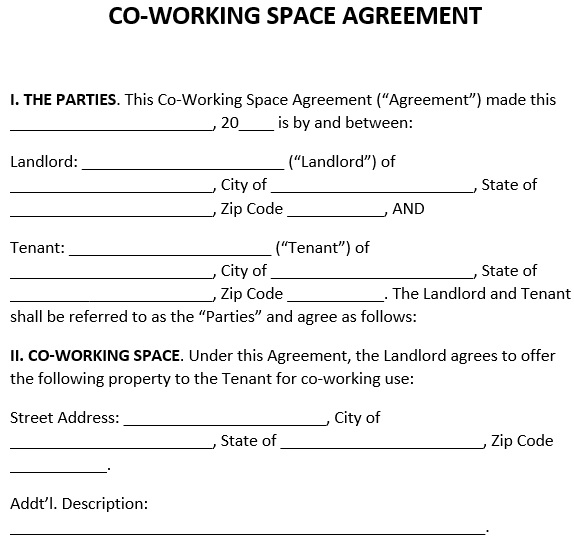
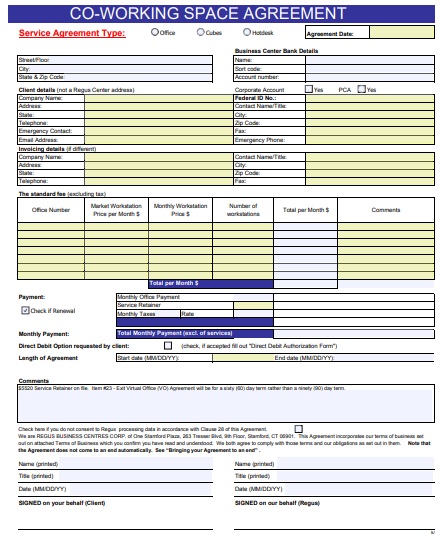
![Free Lease Extension Addendum Templates & Renewal Agreements [Word] free lease extension addendum 4](https://templatedata.b-cdn.net/wp-content/uploads/2021/12/free-lease-extension-addendum-4-150x150.jpg)
![Room Rental Agreement Templates & Forms [Word, PDF] free room rental agreement template 9](https://templatedata.b-cdn.net/wp-content/uploads/2021/08/free-room-rental-agreement-template-9-150x150.jpg)
![Printable Tenant Information Update Form [100% Free] tenant landlord release of information form](https://templatedata.b-cdn.net/wp-content/uploads/2021/12/tenant-landlord-release-of-information-form-150x150.jpg)

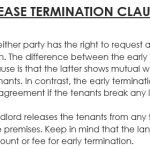

![Printable Sublease Agreement Templates [MS Word] free sublease agreement template 9](https://templatedata.b-cdn.net/wp-content/uploads/2021/10/free-sublease-agreement-template-9-150x150.jpg)
